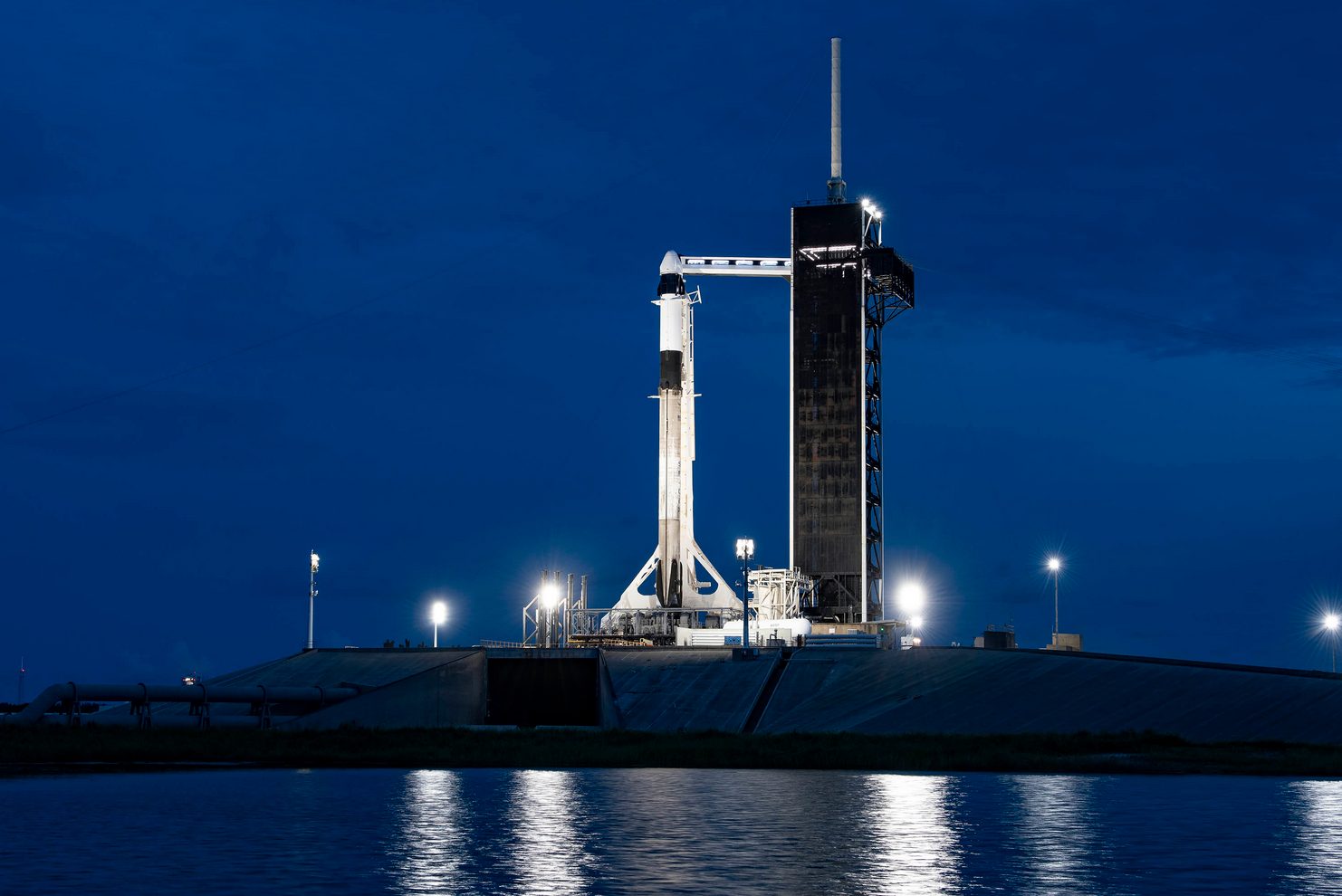
SpaceX Lands $102 Million U.S. Air Force Contract for Cargo Transportation

Image: SpaceX
SpaceX has won a five-year logistics contract worth $102 million USD from the U.S. Air Force, not to launch cargo into space, but to develop and demonstrate technologies that could viably be used to transport military cargo and humanitarian aid anywhere on the planet on a heavy rocket — reports SpaceNews.
The contract was awarded to SpaceX on January 14 under the rocket cargo program, a new project led by the Air Force Research Laboratory (AFRL) to gauge the feasibility of using large commercial rockets for Department of Defense global logistics.
Essentially, the plan is to investigate the utility and affordability of loading a heavy rocket up with cargo at one location, launching it into orbit, and landing it in an entirely different location, especially in the case of otherwise inaccessible areas and time-sensitive situations.
Through this partnership with SpaceX, the rocket cargo program seeks to “determine exactly what a rocket can achieve when used for cargo transport, what is the true capacity, speed, and cost of the integrated system,” Greg Spanjers, program manager, told SpaceNews.
This is the largest contract awarded to date for rocket cargo, and the undertaking is the first of its kind. “Significant heavy cargo from orbit has not been previously attempted,” said Spanjers. “It will fully stress the commercial thermal protection system, landing propulsion, and landing legs.”
Even so, the AFRL and the DoD believe terrestrial cargo transport via rockets is an option not only worth considering but also developing.
“Commercial vendors envision fixed point-to-point transport to established sites, a commercial service that we are certainly interested in procuring once available,” said Spanjers. He said the DoD is “very interested in the ability to deliver the cargo anywhere on Earth to support humanitarian aid and disaster relief.”
Many areas where disasters occur don’t have commercial spaceports, however. “We are therefore exploring a wider range of novel trajectories to mitigate overflight issues, exploring a broad range of landing options for austere sites, researching human factors when landing near populations, and integrating a broader range of cargo including medical supplies,” he added.
The contract gives AFRL access to SpaceX’s commercial orbital launches and booster landings to collect key data on environmental signatures and performance. SpaceX will also provide cargo bay designs that support rapid loading and unloading and are compatible with U.S. TRANSCOM intermodal containers.
In addition, the contract also includes an option for a complete demonstration of heavy cargo transport and landing.
Spanjers said there is no specified timeline for a demonstration at this point, and the project is primarily focused on collecting sufficient data from relevant launches.
“AFRL will be leveraging several commercial demonstration launches over the next few years to collect the data,” he said. The Air Force “does not drive this schedule but rather will collect data whenever SpaceX flies relevant missions.”
Apart from a slew of commercial launch missions and Starlink satellite deployments, SpaceX has also been contracted by NASA for the agency’s upcoming manned lunar landing, which is now slated for 2025.
Last month, NASA picked SpaceX for up to three additional crew flights to the International Space Station (ISS) as well.

